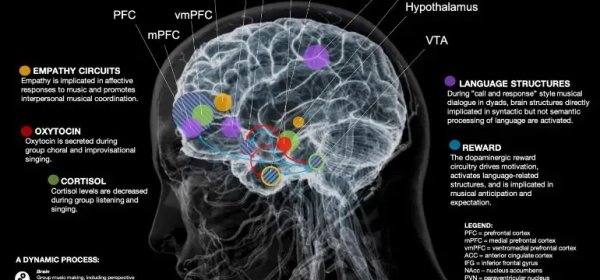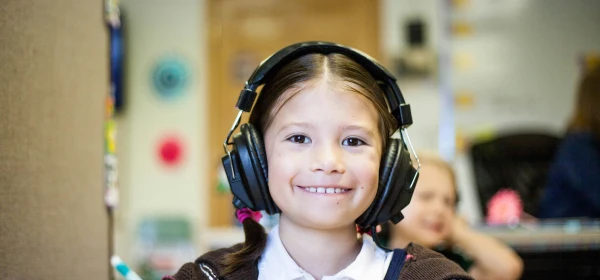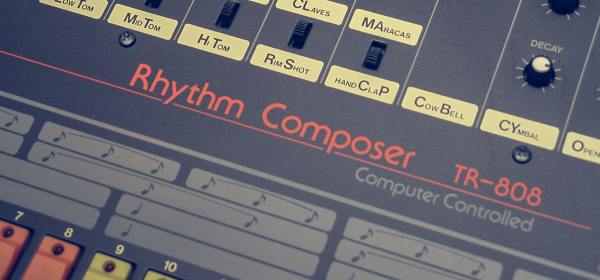A team of social neuroscientists from Bar-Ilan University and the University of Chicago developed a model of the brain that focuses on what happens when


A team of social neuroscientists from Bar-Ilan University and the University of Chicago developed a model of the brain that focuses on what happens when

A study published by the University of Southern California (USC) explored the impact of music education programmes on middle school students (teens), including a programme of extra-curricular online popular music education. The study examined the impact of music on the five key areas of Positive Youth Development (PYD).

In both the UK and the US, school music is facing continuing pressures. Yet at the same time, there continues to be growing evidence for the cognitive benefits of music learning.

According to a team of researchers led by Florida International University, listening to music while studying may help some children with attention deficit hyperactivity disorder (ADHD).

Researchers in Italy find that students diagnosed with Developmental Dyslexia (DD) scored high in rhythmic abilities, as measured by rhythmic pattern discrimination tests.

A study by staff at the University of Illinois, Northwestern University and the University of Texas, raises the possibility that musical training may help offset age-related declines in brain volume in older adults.

Dr Nina Kraus explains the vital role of music in learning at this ARTSpeaks event in Illinois in 2017.

The results of Northwestern University research published in 2015 show that music training is related to the development of selective attention and inhibitory control.
Adding music to a baby’s playtime may sharpen its language skills and ability to process musical rhythms, according to researchers from the University of Washington, USA.